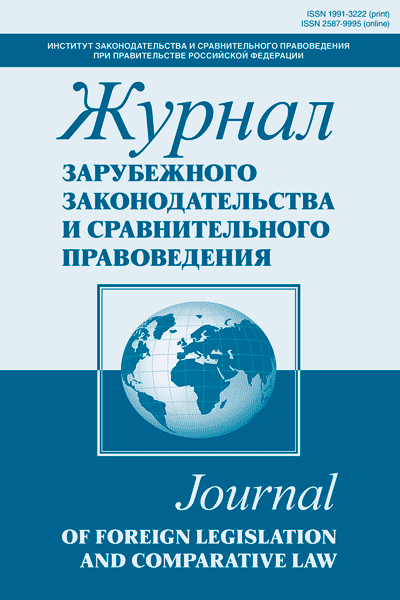Russian Library and Bibliographic Classification 67
The article is devoted to the features of evolutionary interpretation and discusses its advantages and disadvantages. Special attention is paid to the principle of “contemporaneity” revealed in the practice of international courts that considers financial disputes. Due to the dynamism of international financial and monetary relations and technological development, the existing terms are not able to cover these novels. To avoid changes in the treaties, which sometimes are universal, international courts have addressed these problems through interpretation of existing definitions in the light of changed circumstances, while preserving goals and objectives of the treaties. This approach makes treaties of international financial and monetary law to be “alive”, efficient and flexible on the one hand and durable, requiring no changes on the other hand. Moreover evolutionary interpretation of international monetary law contributes to the development of financial institutions, development of international financial mechanisms and stabilization of the world monetary and financial systems. As an example, the authors analyzed the decision of the Court of Justice of the European Union on the case of European tax legislation’s application to cryptocurrency — Bitcoin. The Court assimilated cryptocurrencies to conventional currencies and thus the term has evolved to include the new kind of electronic money into the existing definition — legal tender.
evolutionary interpretation, European Court of Human Rights, international courts, practice of international courts, international financial mechanisms, international monetary law.
1. Bjorge E. The Evolutionary Interpretation of Treaties. Oxford, 2014.





